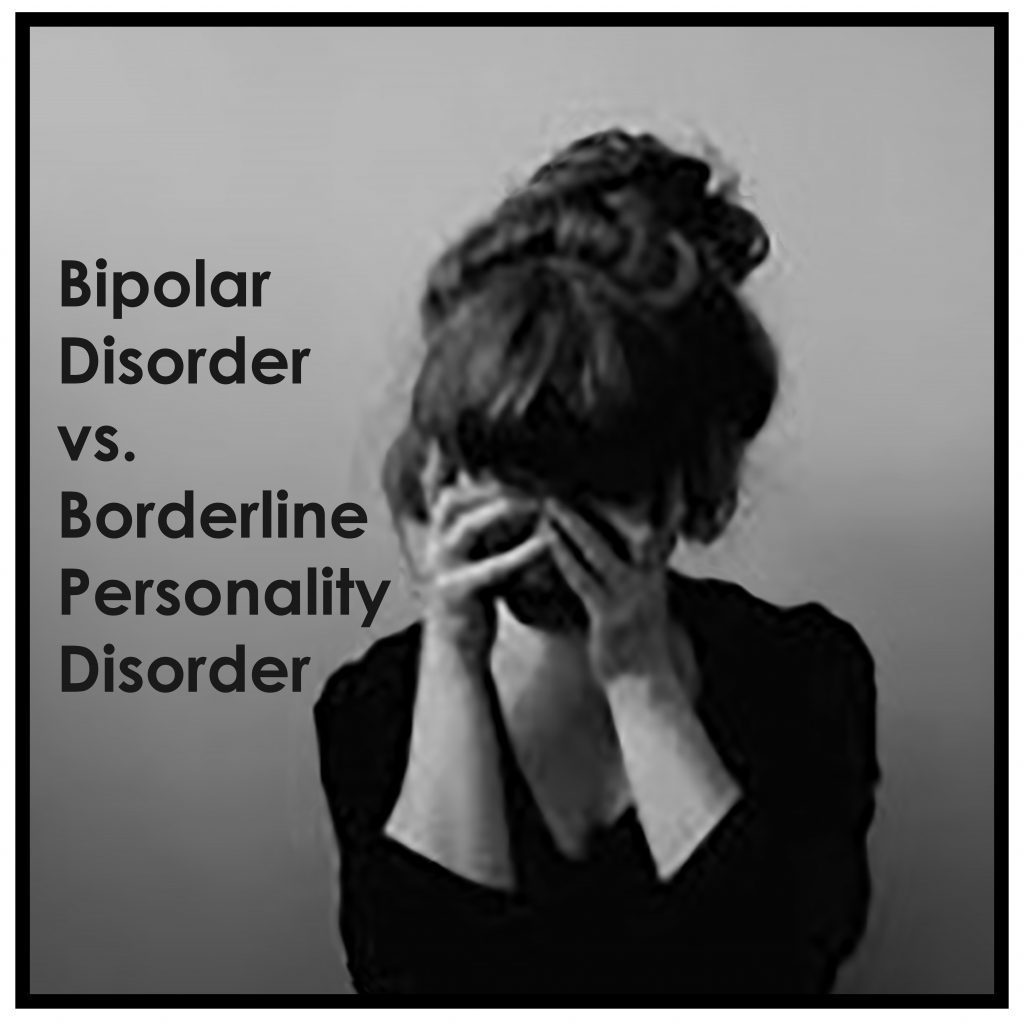Can you easily tell the difference between average behavior and mental illness? Probably not. There is a lot of misinformation floating around in our society about mental illness, making it hard to tell whether certain behaviors might be quirks or might be a sign of something more. To show you the typical human behaviors most […]
Our Latest Blogs
Bipolar disorder, formerly known as manic-depression, is a serious mental health condition that is characterized by manic highs and depressive lows. The following is a list of notable people who have been diagnosed with bipolar disorder and have achieved great success in their chosen fields. This list contains mostly those who are still living, but we […]
When someone has a serious mental health disorder such as schizophrenia we always seem to know when things aren’t going well. It can be much harder to tell when things are going right. This final installment in our series on cognitive therapy looks at the results of treatment and how to know whether it is working. […]
Often when young people and their families visit Laurel House, the top question on their minds is how a “psychiatric rehabilitation” program like ours can help people with serious mental illness have a better life. The concept of mental health rehabilitation can be hard to understand at first. But people usually get it when […]
In my first article in this series on cognitive therapy, I explained Why Cognitive Therapy Works for People with Schizophrenia and Other Serious Mental Illnesses. In Part 2 of the series, I give some examples of problems cognitive therapy can help with and who can benefit. Key Points from last week’s post on Why It […]
Part One in a four-part series on the benefits of cognitive therapy for people who experience psychosis. Forty years ago, there were two basic treatments for schizophrenia: medication and long-term hospitalization. Traditional psychotherapy was not usually offered because it did not help people with the most obvious and disturbing symptoms of psychosis: paranoia, delusions, and […]
*Updated 9/24/2024* Have you noticed a family member beginning to act strangely? Do they believe that someone is trying to hurt them when there’s no apparent danger? Or maybe they’ve started following a complex belief system you can’t understand? If so, your loved one might be experiencing psychosis. Understanding psychosis and the disorders that cause […]
The following recovery story comes from Sallie Crotty who writes about her own experiences with a mental health disorder. Sallie takes us on a journey from her first day to her last day at the Menninger Clinic and what she learned about herself and mental health recovery in the process. We are grateful to Sallie […]
Yesterday, when I first learned of Patty Duke’s death (on Twitter, of all places), the first thing that went through my mind was the theme song from her hit TV show of the mid 1960s, The Patty Duke Show. If you are over 55 and grew up in America, it’s probably etched in your […]
Maybe you have noticed that the free and open style of the Internet has encouraged many bloggers and social media users to open up about their experience with bipolar disorder or borderline personality disorder. While many of these people may have a confirmed mental health disorder, some give the impression of being self-diagnosed or […]










